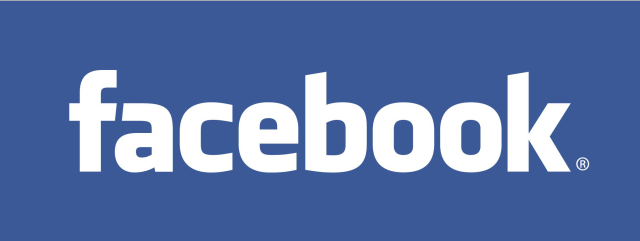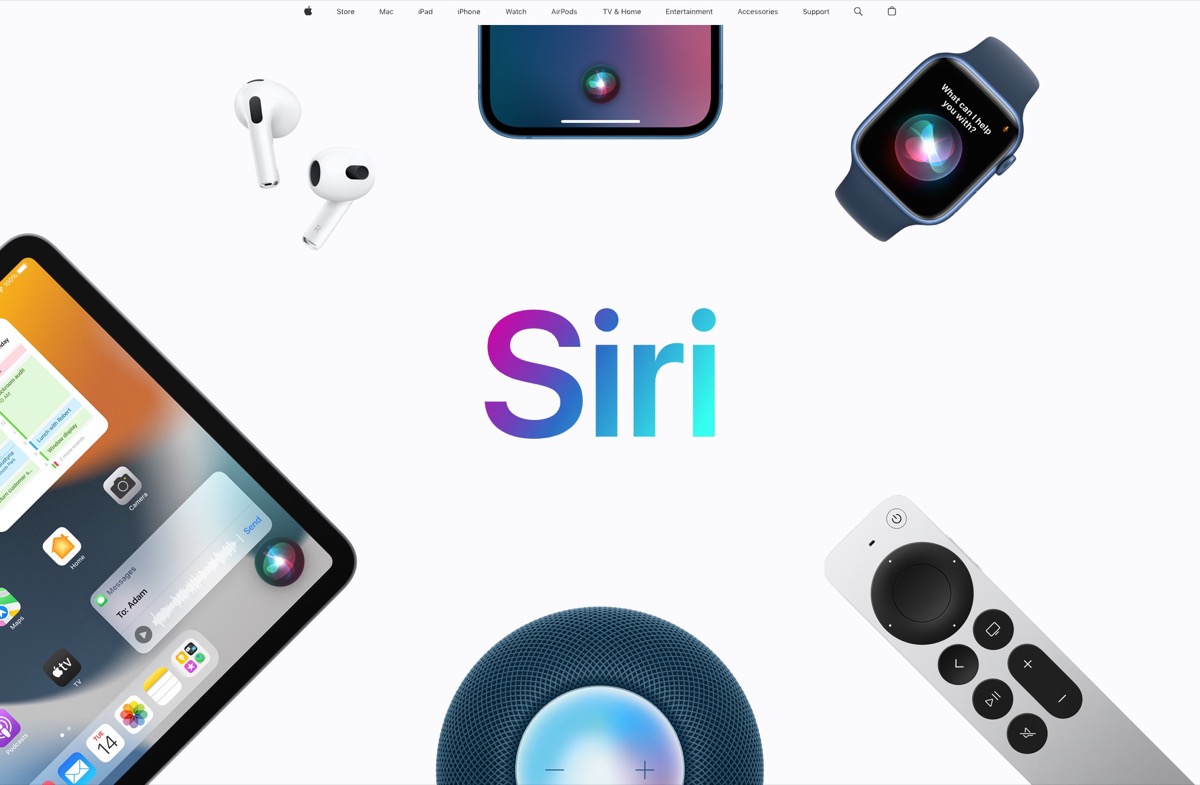
Facebook Explains Why It Gave RBC, Spotify, Netflix Access To Users’ Private Messages
Facebook has admitted that it dealt several messaging partnerships with tech giants, giving them read, write and delete access for Facebook messages.

According to a new press release, the social media giant said it was necessary to grant Spotify, Netflix, and the Royal Bank of Canada special access to users’ private messages to enable integration of messaging features.
In regards to RBC, Facebook says access was given to “message receipts from money transfers through the Royal Bank of Canada app.” RBC denied having access to Facebook user messages yesterday.
“We’ve been accused of disclosing people’s private messages to partners without their knowledge,” wrote Facebook’s VP of Product Partnerships Ime Archibong. “That’s not true.”
The confirmation comes on the heels of a bombshell New York Times article published Tuesday, which leveraged internal documents to show that Facebook had partnerships in place with several companies since 2010.
“We worked closely with four partners to integrate messaging capabilities into their products so people could message their Facebook friends — but only if they chose to use Facebook Login,” wrote Archibong. “These experiences are common in our industry — think of being able to have Alexa read your email aloud or to read your email on Apple’s Mail app.”
Facebook went on to confirm that their deals allowed select companies to “read, write and delete users’ private messages, and to see all participants on a thread”:
That was the point of this feature — for the messaging partners mentioned above, we worked with them to build messaging integrations into their apps so people could send messages to their Facebook friends.
These partnerships were agreed via extensive negotiations and documentation, detailing how the third party would use the API, and what data they could and couldn’t access.
It’s not surprising that Facebook offered API level access to developers or that Spotify and others took advantage of it to power new features. But many users will find it unacceptable that Facebook did such a poor job of telling them about the extent to which their private data was being used.
Facebook says these were experimental partnerships that have been shut down for nearly three years. The backlash, nonetheless, is very real as Facebook has been found to be ambiguous and/or lacking transparency time and time again about how they’ve dealt with user data.
Read Facebook’s entire statement on the matter here.
Update Dec. 20: Netflix sent iPhone in Canada the following statement:
“Over the years we have tried various ways to make Netflix more social. One example of this was a feature we launched in 2014 that enabled members to recommend TV shows and movies to their Facebook friends via Messenger or Netflix. It was never that popular so we shut the feature down in 2015. At no time did we access people’s private messages on Facebook, or ask for the ability to do so.”

